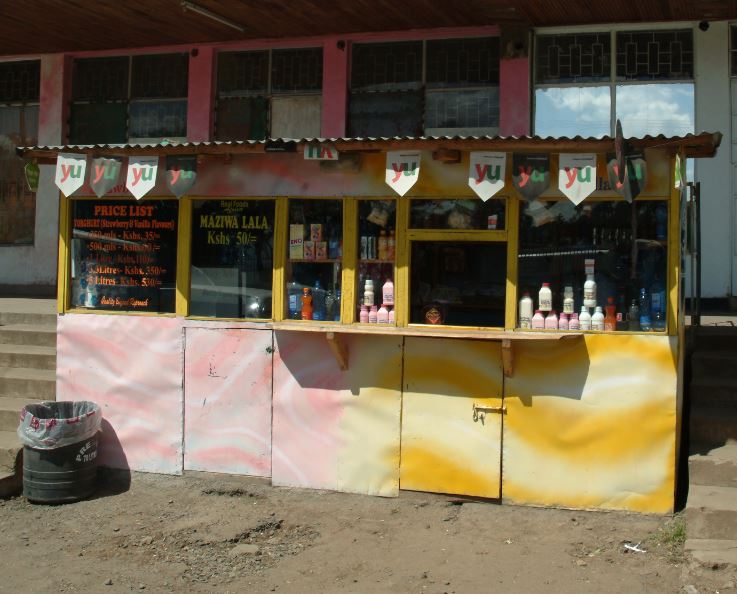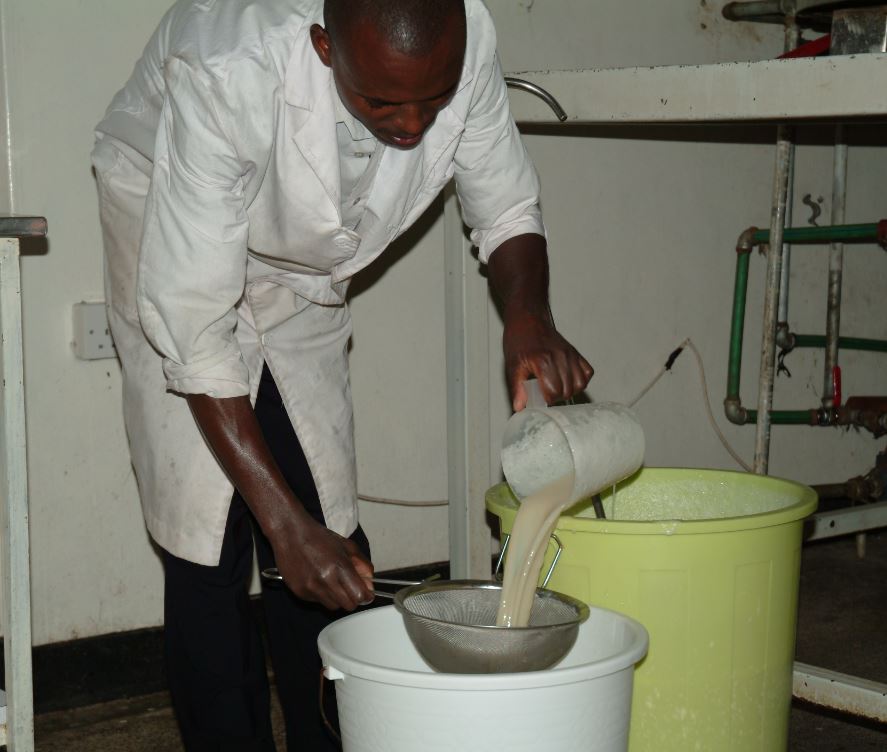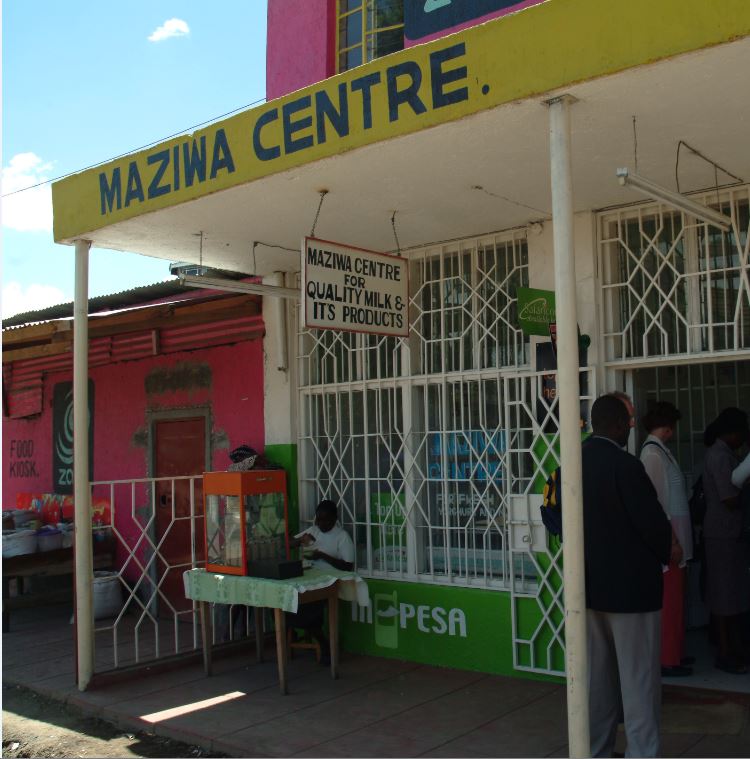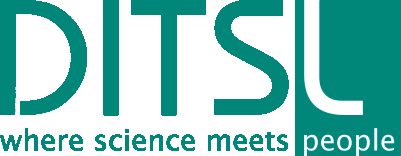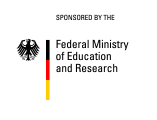
In the frame of the GlobE project:
Reduction of Post Harvest Losses and Value Addition in East African Food Value Chains
DITSL leads the subproject 7 Social Sciences: Knowledge, collaborative learning and action
Approach 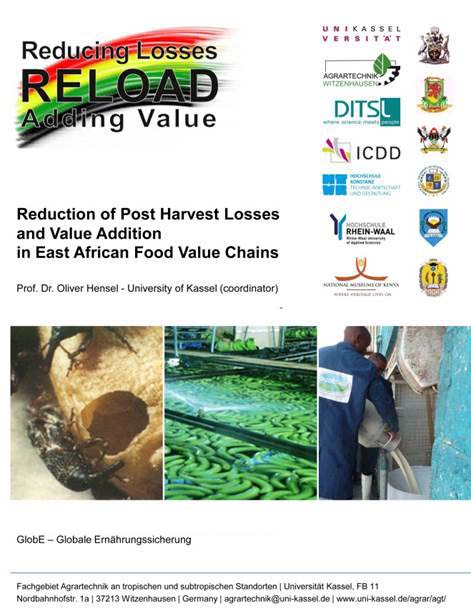
In subproject 7, food value chains (FVCs) will be treated as human activity systems, with a focus on communication, collaboration and competition of various actors. As such, FVCs are embedded in a multifaceted context characterized by high levels of uncertainty for individuals. The classical “transfer of technology” model, implying that innovations are being generated in research institutions followed by step-wise transfer into practice, has weaknesses in this type of situations, as it tends to disregard social aspects and the local context under which an innovation has to function. As a result, the final “adoption” by farmers and local stakeholders often remains unsatisfactory. Transdisciplinary research actively addresses these shortcomings by integrating scientists’ and practitioners’ knowledge and experience. Focusing research activities on actors, their activities and needs is an innovative approach in FVC analysis, backed by relevant experience.
Aims
This subproject aims at developing and testing improvements for reduction of post-harvest losses by transdisciplinary research based on a cooperation of scientists, practitioners and other societal actors. Furthermore it aims at implementing learning possibilities for producers and manufacturers to enlarge their scope of action and improve their position along the value chain.
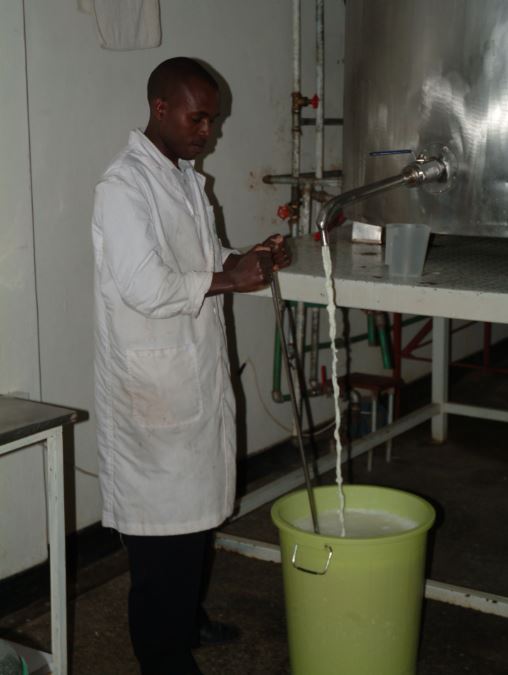
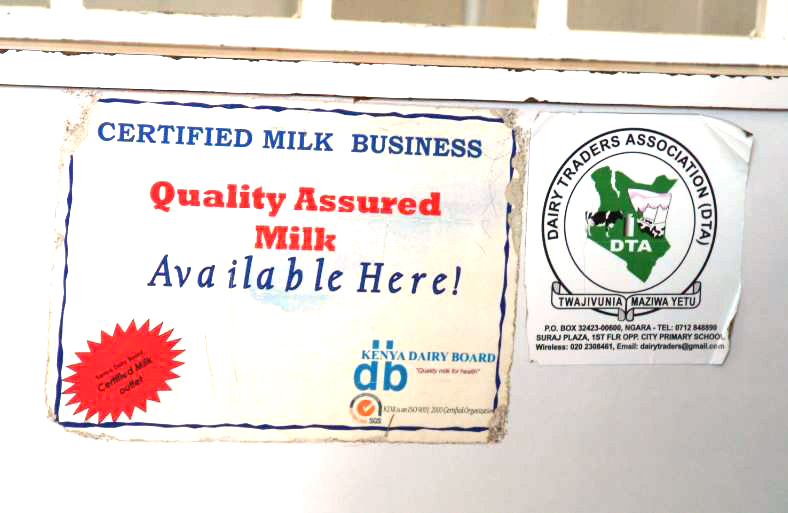
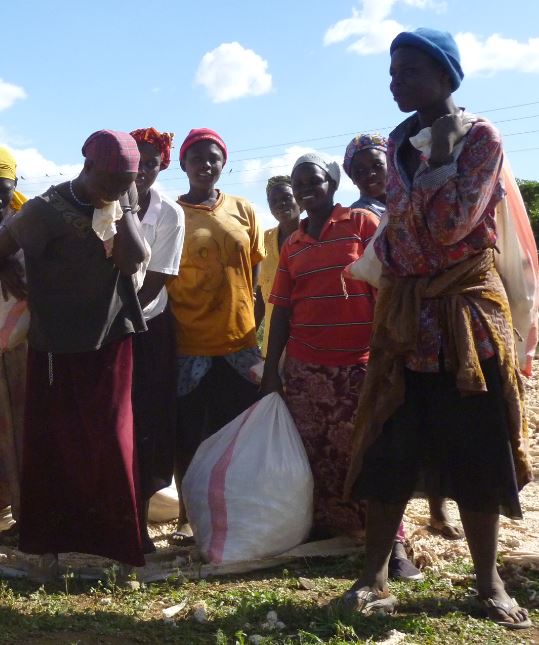
Workpackages
1. WP1: Stakeholder analysis and gender aspects
Starting points are stakeholder analyses and the institutionalization of the research cooperation through the formation of stakeholder platforms. Methods for stakeholder analysis will be modified to be used along the value chain. While responsibility for local FVCs largely rests in the hands of women, they are often inadequately addressed by research, capacity building and rural development activities. Thus, gender equality will be treated as a cross-cutting issue, and participation and communication in the stakeholder platforms will ensure women’s participation as FVC actors.
2. WP2: Activity and knowledge analysis
Knowledge analyses are conducted with producers and manufacturers to identify reasons for the occurrence of losses along the value chain. Actions leading to losses are documented visually and suitable alternatives identified. The knowledge analysis based on second order cybernetics allows transforming the experience of actors – and hence the related insight into the system and its inherent rules and control options – into information which can be shared with outsiders, such as scientists. The knowledge analysis further helps to build common grounds for revealing new control options in order to change practices leading to undesired results.
3. WP3: Collaborative learning and collective action
We will explore possibilities for collective actions by farmer groups especially in the areas of strengthening marketing capacity and market linkages. We will offer learning opportunities to the actors to reveal control options in FVCs so that losses can be reduced and value addition enhanced. Producer groups obtain the possibility to try innovations to reduce losses and thereby improve their position on the market, through collaborative learning approaches. Participatory monitoring and evaluation systems are introduced to enable the stakeholders to evaluate the innovations themselves.
4. WP4: Knowledge management and dissemination
In the area of knowledge-management, the focus is on the exchange of gained knowledge with other practitioners and local actors. Outreach-material is developed, which match the information demand of the actors. Dissemination activities will also target project partners and other organizations engaged in FVC development as well as policy makers and a wider public.
Expected outcome
By systematically including the knowledge and experience of producers and manufacturers, there are high chances of developing relevant technological, organizational and economic improvements. By testing the innovations during the study period, implementation of successful options is ensured. Effects of the innovation on post-harvest losses, improvement within the value chain and therefore increase of income can be monitored and evaluated. This approach also assists the promotion of social- and human capital, since knowledge and capabilities are improved, especially by the facilitation of collaborative learning and collective action. The results, outcomes and experiences of the project will be documented in a way that is relevant to and useful for stakeholder and hence increase the dissemination of innovation within the different value chains of food production.
Coordination:
Prof. Dr. Hensel – University of Kassel, Section of Agricultural Engineering
Team members
Prof. Dr. Brigitte Kaufmann - Project leader
Dr. Anja Christinck – Senior Scientist
Maria Restrepo – PhD student
Dr. Margareta Amy Lelea - Postdoc
Guyo Roba - PhD student
